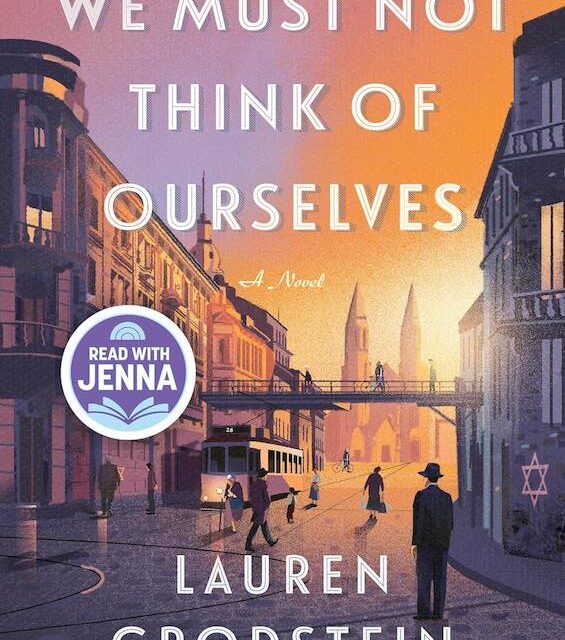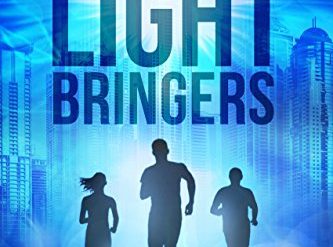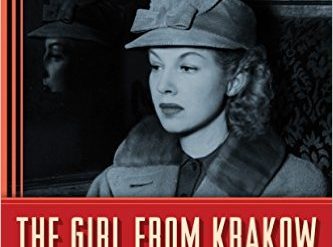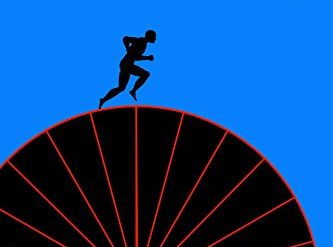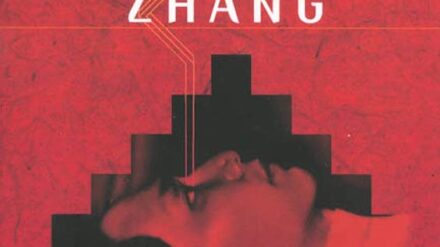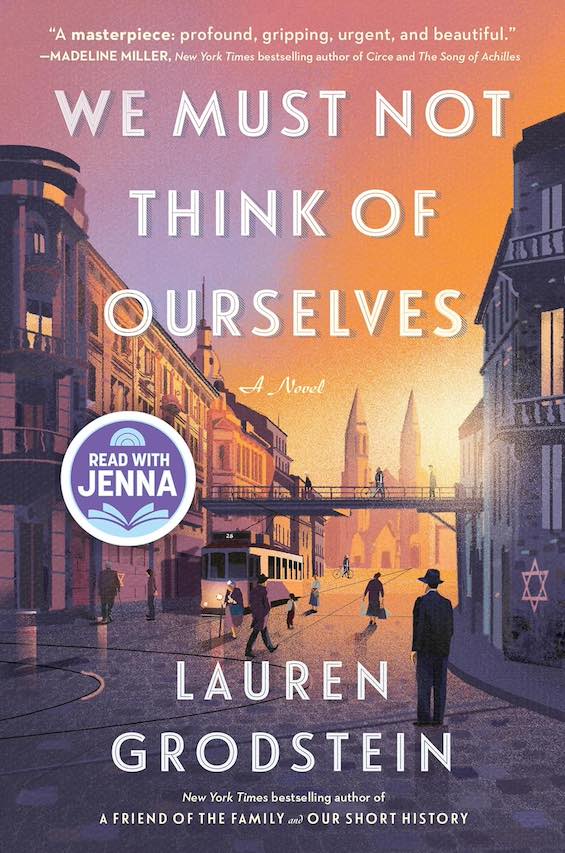
Estimated reading time: 5 minutes
When we think of the Warsaw Ghetto, our minds turn to the four months early in 1943 when starving Jews fought back against the Nazis with smuggled and makeshift weapons. The Warsaw Ghetto Uprising vividly displayed heroism and desperation in equal measure, and it has deservedly entered history as one of the signal events of World War II. But the uprising was only the closing chapter in the history of the ghetto, which lasted from November 1940 until May 1943. And there is a powerful story to tell about the two-year period before the uprising. Novelist Lauren Grodstein memorably delivers it to the printed page in We Must Not Think of Ourselves.
This is novelized history
Grodstein’s story is solidly grounded on historical fact. In October 1939, soon after the Nazis began crowding Jews into the 1.3 square miles of the ghetto, a Polish-Jewish historian and social worker named Emanuel Ringelblum established the Oneg Shabbat Archive. One by one, he persuaded others to write down accounts of their experiences and those of their family, friends, and neighbors in the ghetto.
As Yad Vashem, the Israeli Holocaust memorial website, reveals, the contributors to the archive also “started keeping documents that were published by the ghetto’s official institutions, together with orders and decrees issued by the German authorities. In addition, the archive preserved many copies of the official and underground newspapers that were published in the ghetto, and interred tens of photographs and a number of works of art.” Unfortunately, only a portion of all these records survived the war. Just enough for us to understand with clarity what transpired there.
However, Grodstein centers her story squarely on one man, a linguist and language teacher named Adam Paskow imprisoned in the ghetto when it formally opened in November 1940. And we follow his life, and the interviews he conducts with his neighbors, for two years as the ghetto’s inhabitants grow increasingly desperate.
We Must Not Think of Ourselves by Lauren Grodstein (2023) 304 pages ★★★★★
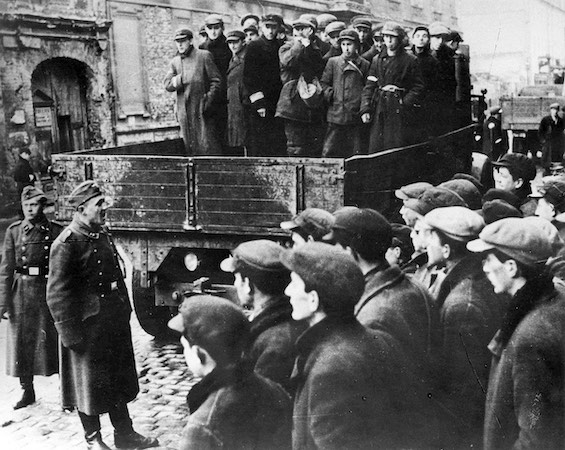
A powerful, life-affirming picture
Through Paskow’s observations, carefully recorded for posterity, Grodstein paints a powerful picture of life before the ghetto uprising. As history reveals, the Nazis imprisoned more than 400,000 Jews inside the ghetto walls—and steadily tightened the noose about their necks over the three years that passed before the ghetto’s final liquidation in May 1943. The details of the deprivation they suffered are well known, depicted in scores of books, including both novels and historical accounts.
Grodstein deftly uses the novelist’s craft to illuminate the nuances of their experiences. Paskow continues teaching English to children throughout his time in the ghetto, and this affords her the opportunity to center her story on the youngsters among the eleven people crowded into the apartment where Paskow lives. The beautiful sixteen-year-old girl who prostitutes herself to obtain false papers for her younger brothers. And the eleven- and twelve-year-old boys who keep their families alive by sneaking through gaps in the ghetto walls to trade for contraband food. History tells us that these were common occupations for children in that desperate time.
We Must Not Think of Ourselves is not a pleasant story. But in plumbing the depths of the courage and determination of her characters, she tells a tale that is, in the final analysis, life-affirming.
About the author
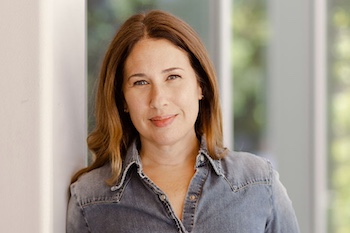
Lauren Grodstein teaches in the MFA Program at Rutgers University-Camden. She was born in 1975 in New York City to a Jewish family and raised in New Jersey, securing both a BA (1997) and MFA (2001) at Columbia University. According to Wikipedia, she “has family members in France who survived the Holocaust.” And she reveals that her great-grandparents fled Warsaw two decades before World War II. “In all likelihood,” she writes in the afterword, “I would not be here had they stayed.”
We Must Not Think of Ourselves is Grodstein’s sixth novel. She lives in New Jersey with her musician husband and two children.
For related reading
I’ve reviewed three other great novels about wartime Warsaw:
- The War Girls by V. S. Alexander (Life in wartime Warsaw before the Ghetto Uprising)
- Mila 18 by Leon Uris (A classic novel of the Warsaw Ghetto uprising)
- The Book of Aron by Jim Shepherd (A brilliant novel of the Warsaw Ghetto)
You might also care to check out:
- Good books about the Holocaust
- Worthy books about Jewish topics
- 25 most enlightening historical novels
- The 10 best novels about World War II
And you can always find my most popular reviews, and the most recent ones, on the Home Page.

